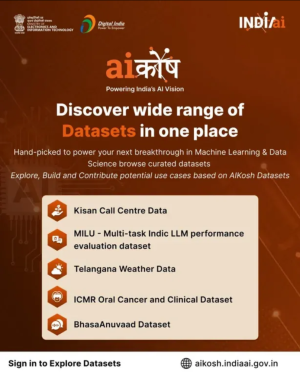Multiple Studies Now Suggest That AI Will Make Us Morons
Are we on the road to Idiocracy?
Multiple Studies Now Suggest That AI Will Make Us Morons
Are we on the road to Idiocracy?

one would think so, but it seems evident that “humanity” doesn’t even learn from the worst mistakes of the past (after a couple of traumatised generations)Humanity can use brains to develop foolproof kill switches. Should be a challenging enough task to prevent mental atrophy.
The decline has started much earlier with the advent of automation. Ford's assembly line operation was one of the early examples. It is only getting worse, much faster with each development in automation and autonomous technologies. Automation kills skill; period.Multiple Studies Now Suggest That AI Will Make Us Morons
Kind of supports the surmise…?FYI this sentence was corrected by chatGPT
it’s the first search result we see by default in the Google, Apple and Microsoft browsersFor this Gen definitely.

It’s just “don’t trust educated experts” who are perceived as “elites”What is with this amurican obsession with dumbocracy: "Stop trusting the experts"

“Missing the Forest for the trees” is also a common afflictionProphesies of doom have been ever present in all cultures and every generation feels everything after them seems like a despair but humanity has only improved so i'd say the trend is positive and no reason for it not to be so.
I take a very positive view of all of this of more affordable health/security etc for the majority of the underprivileged either by society of financially who will gain more knowledge and perhaps improve. and we will find ways to reign in AI as well
As a devils advocate, If all this is at the expense of the personal data of the 10% privileged ( ie those earning over 5L a year) , its worth it

Toward the end of the post, Altman also addresses the obvious challenges. AI has to be aligned to our interests to give us the rosy future he paints in the previous paragraphs. The other challenge is making sure superintelligence is “cheap, widely available, and not too concentrated with any person, company, or country.” (I leave it you to predict how this will play out)There will be very hard parts like whole classes of jobs going away, but on the other hand, the world will be getting so much richer so quickly that we’ll be able to seriously entertain new policy ideas we never could before. We probably won’t adopt a new social contract all at once, but when we look back in a few decades, the gradual changes will have amounted to something big.


